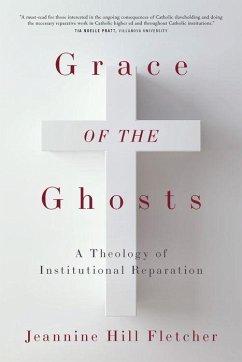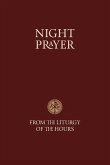A profound new volume that reckons with the history of an American Catholic Church embedded in and drawing benefits from White supremacy For the Church to become a truly anti-racist institution, we must first understand how today's racial challenges are embedded in the theo-logic of American Christianity and the cultural production of our Christian educational institutions. As colleges and universities reckon with their involvement in slavery, Grace of the Ghosts asks Christian-affiliated institutions (of congregation, school, and media) to expand this reckoning with attention to the many ways they have been embedded in and drew benefits from American systems of White supremacy. Too often, White Christian histories render White Christians as the "good guys" in order to make a brutal history plausible and thus erase countless injustices committed against Indigenous, Black, Latinx, and Asian peoples. Author Jeannine Hill Fletcher writes instead a US Catholic history that sheds light on the crimes committed against these ancestors by members of their own faith community. Grace of the Ghosts focuses on specific case studies of Catholic educational and ecclesial institutions, journeying through numerous microhistories to provide an accessible program to work toward the flourishing of a multiracial and multicultural Church. Hill Fletcher digs deeply into the details of Jesuit slaveholding at Georgetown, the expansion of Church networks on the frontiers to the West and South and emergent cities to the North, and the extension of the work of religious women from the East Coast to the Midwest. The volume considers the implications of Catholic involvement in Indian Boarding Schools and envisions alternative possibilities in the Catholic activism of the United Farmworkers. Each microhistory elevates the theological insights that emerge from those who withstood the assaults of White Christian supremacy. Hill Fletcher then orients the reader forward by envisioning possibilities of repair. Recognizing that this will require extensive and ongoing work, the book closes with the consideration of spiritual capital (including a reclamation of Ignatius's Spiritual Exercises) that might sustain us as we write the next chapter in the nation's long struggle against White supremacy. Much work must be done for reparation, reconciliation, and repair to unfold fully. Grace of the Ghosts provides a bridge to institutional accountability for past failings and a path toward becoming transformative institutions for the future.
Hinweis: Dieser Artikel kann nur an eine deutsche Lieferadresse ausgeliefert werden.
Hinweis: Dieser Artikel kann nur an eine deutsche Lieferadresse ausgeliefert werden.








